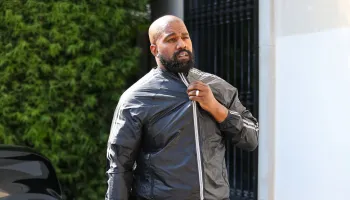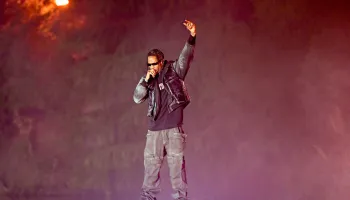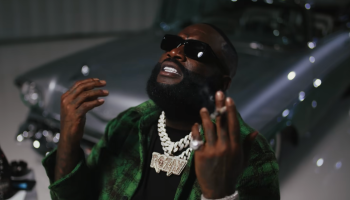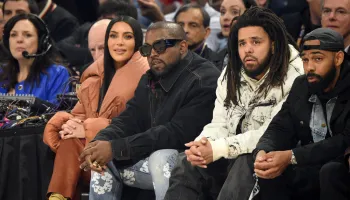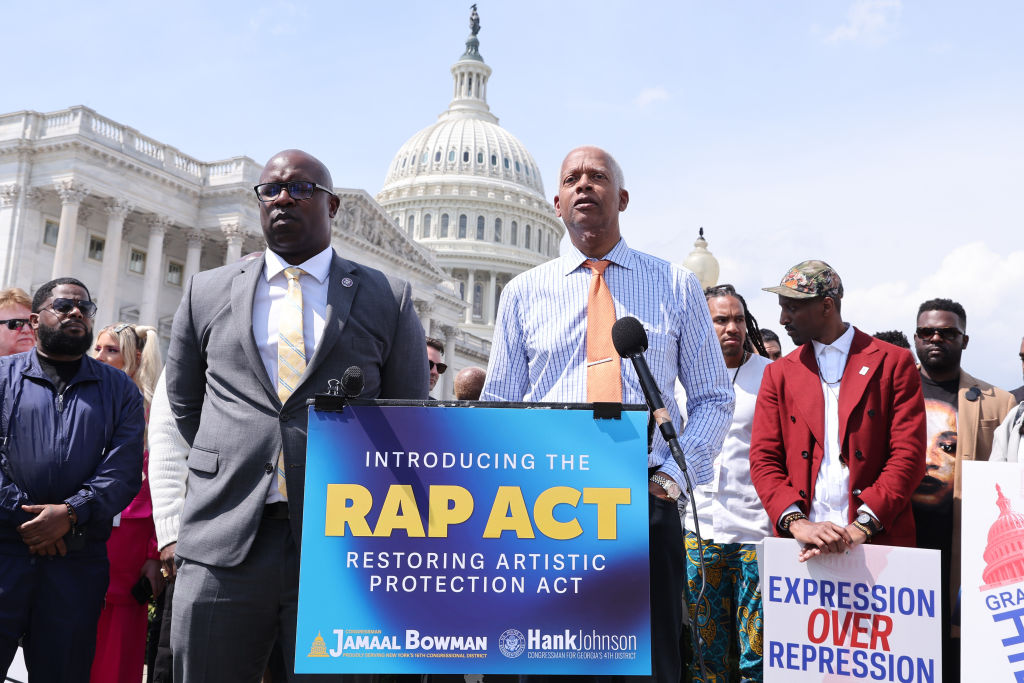
The Restoring Artistic Protection Act, largely known as the RAP Act, was previously introduced by Congressmen Hank Johnson (GA-04) and Jamaal Bowman (NY-16). If signed into law, the RAP Act would offer artists some protections regarding their lyrics being used to try a criminal case in court.
On April 28, Congressmen Johnson and Bowman issued a press release announcing their attention to bring the RAP Act bill back to the House floor for debate. The bill was introduced in the 117th Congress and is the first of its kind to reach the federal level.
From the press release:
“This legislation is long overdue,” said Congressman Johnson. “For too long, artists – particularly young Black artists – have been unfairly targeted by prosecutors who use their lyrics as evidence of guilt, even though there is no evidence that the lyrics are anything more than creative expression. When you allow music and creativity to be silenced, you’re opening the door for other realms of free speech to be curtailed as well. The government should not be able to silence artists simply because they write, draw, sing, or rap about controversial or taboo subjects. The Restoring Artistic Protection Act (RAP Act) would protect artists’ First Amendment rights by limiting the admissibility of their lyrics as evidence in criminal and civil proceedings.”
“Rap, hip-hop and every lyrical musical piece is a beautiful form of art and expression that must be protected,” said Congressman Jamaal Bowman Ed.D. (NY-16). “I am proud to introduce the RAP Act alongside Rep. Hank Johnson. Our judicial system disparately criminalizes Black and brown people, including Black and brown creativity. For example, Tommy Munsdwell Canady is a young 17-year-old kid serving a life sentence whose conviction heavily relied upon lyrics he wrote. I was deeply moved to hear that Mr. Canady continues to pursue his art in the face of our carceral systems that would otherwise stifle Black art. He is not an outlier. Evidence shows when juries believe lyrics to be rap lyrics, there’s a tendency to presume it’s a confession, whereas lyrics for other genres of music are understood to be art, not factual reporting. This act would ensure that our evidentiary standards protect the First Amendment right to freedom of expression. We cannot imprison our talented artists for expressing their experiences nor will we let their creativity be suppressed.”
The press release added that over 500 criminal cases have used rap lyrics in court against defendants.
A bevy of music industry figures, such as Kevin Liles and groups like the Black Music Action Coalition have placed their support behind the RAP Act bill.
The press release can be viewed here, along with the bill.
—
Photo: Getty








